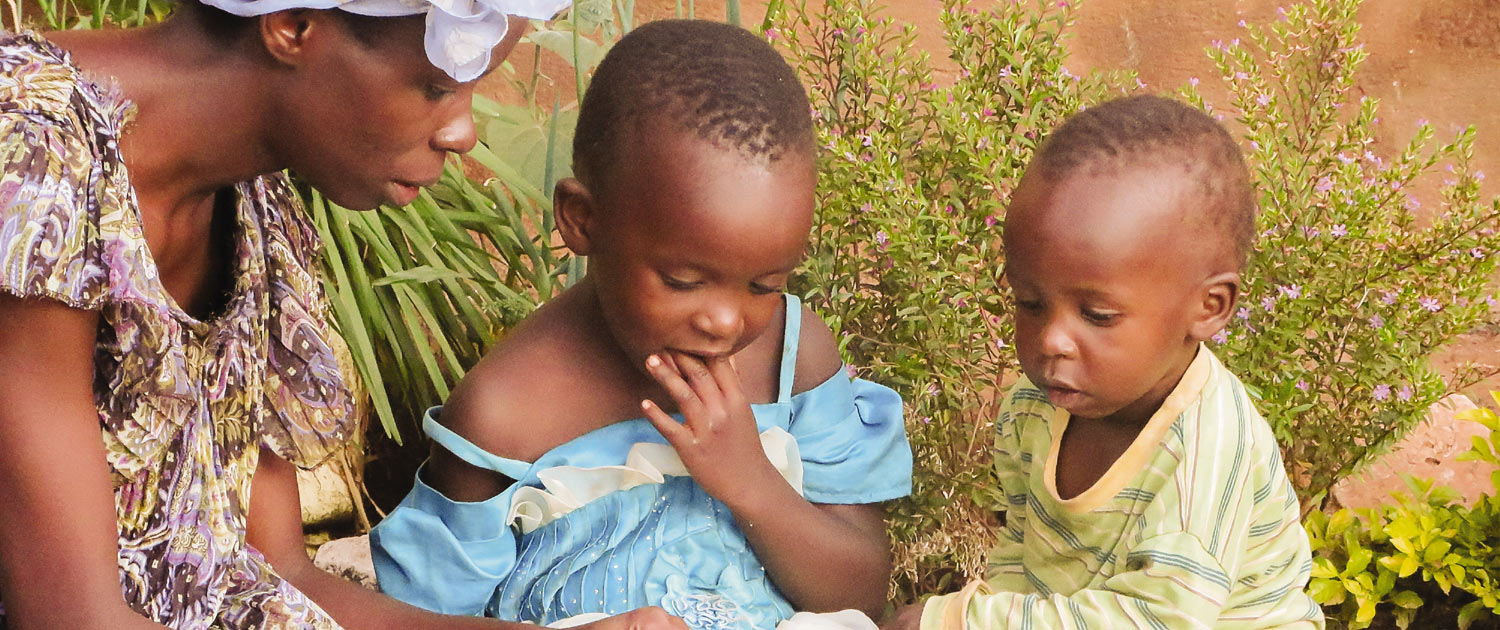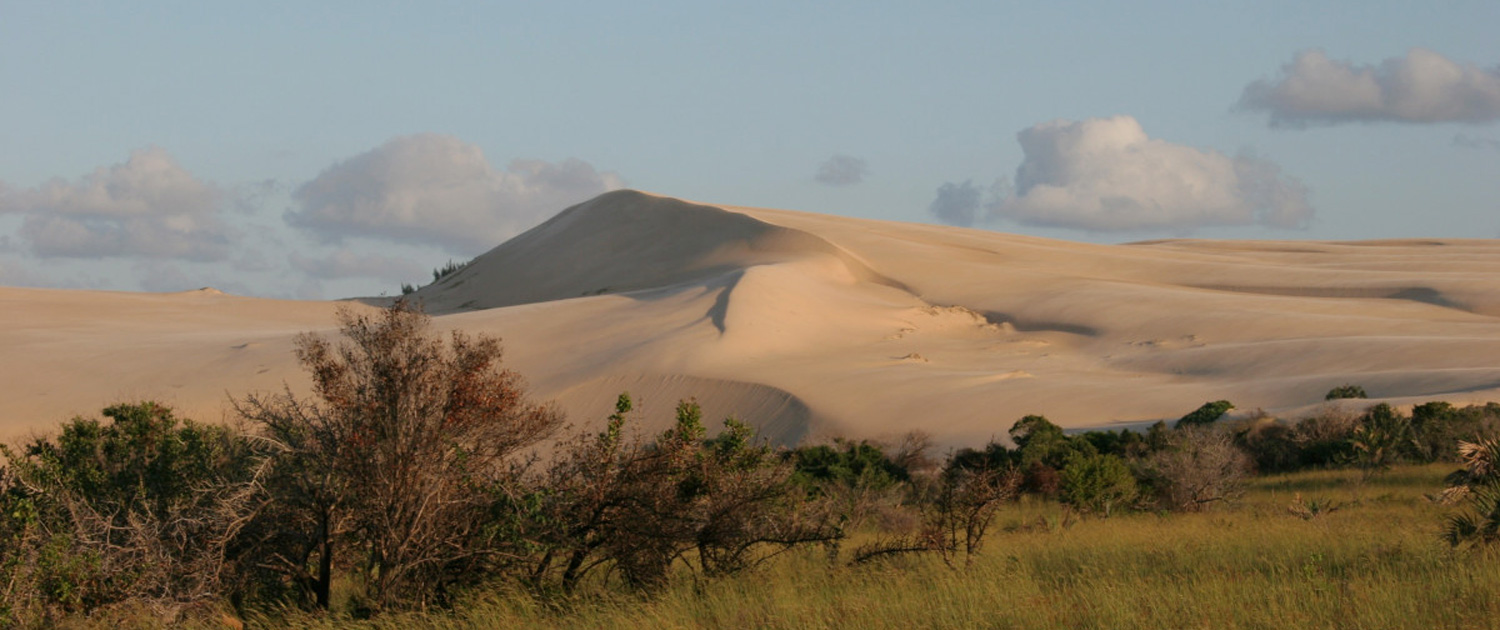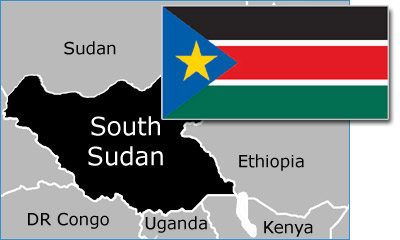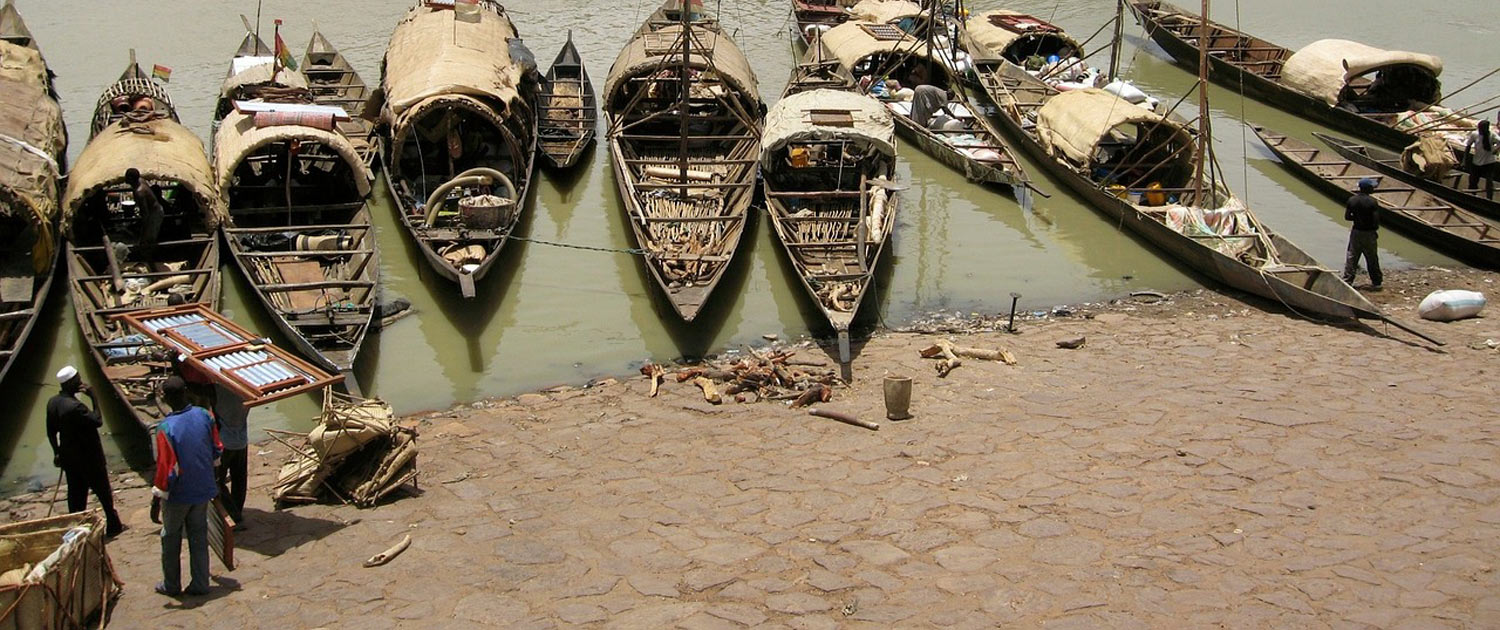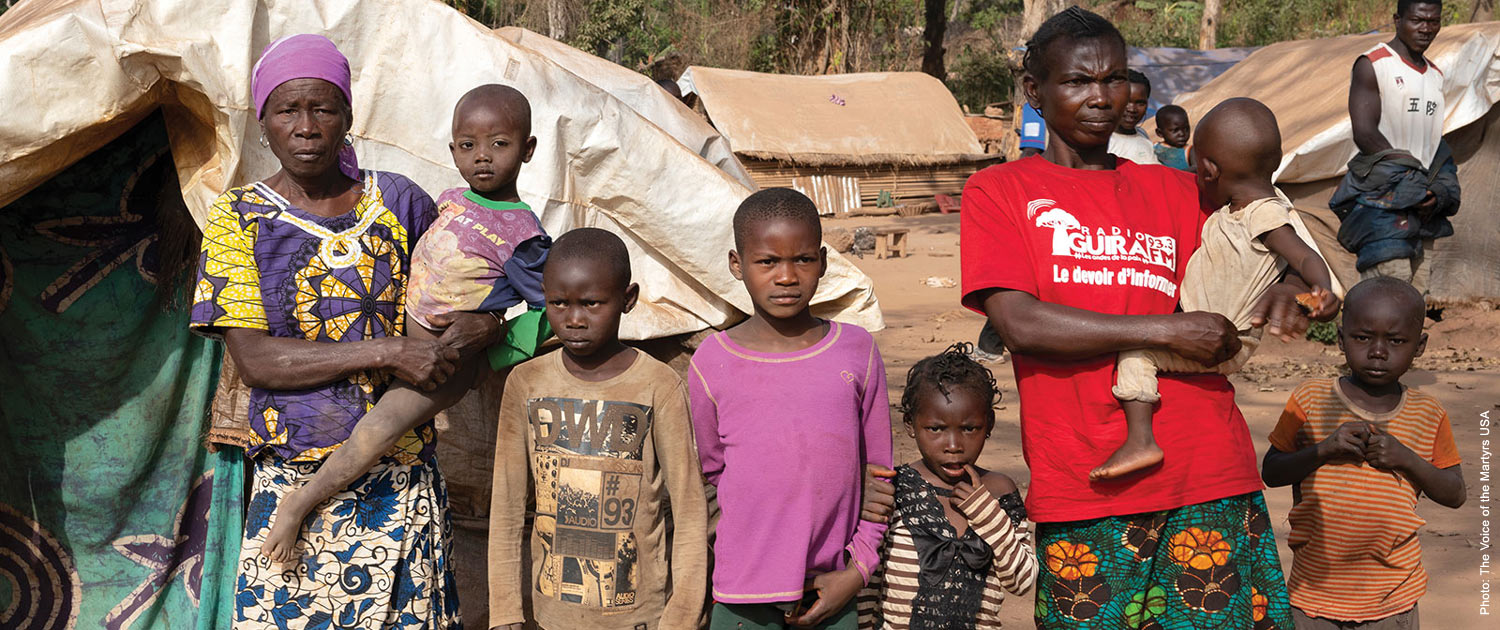
Central African Republic
Many people in the CAR continue to practice animistic tribal beliefs and participate in unbiblical revenge killings against Muslims. These groups, who falsely identify as Christian, have banded together to form their own militia called the anti-Balaka. The anti-Balaka have committed atrocities just as the Muslim rebels have. Yet, a prevalent minority of biblical Christians (roughly 30 percent of the population) remains faithful and active. They are often the only entity caring for the hundreds of thousands who have been displaced in the country’s conflict. While the CAR’s civil war has presented opportunities for the church to display Christ’s love to a ravaged nation, many churches feel ill-equipped to carry the burdens of their people.
Life for Christians
Because of the civil war between rebel groups identified as “Muslim” and “Christian,” it is hard to separate religious persecution from political violence. There are, however, some clear cases in which believers have been specifically targeted for their Christian witness and other activities of biblical faith. In a four-week period in 2017, five pastors were murdered by Séléka rebels in targeted attacks designed to eliminate their witness for Christ. Reports of other churches and pastors being targeted have become common.

